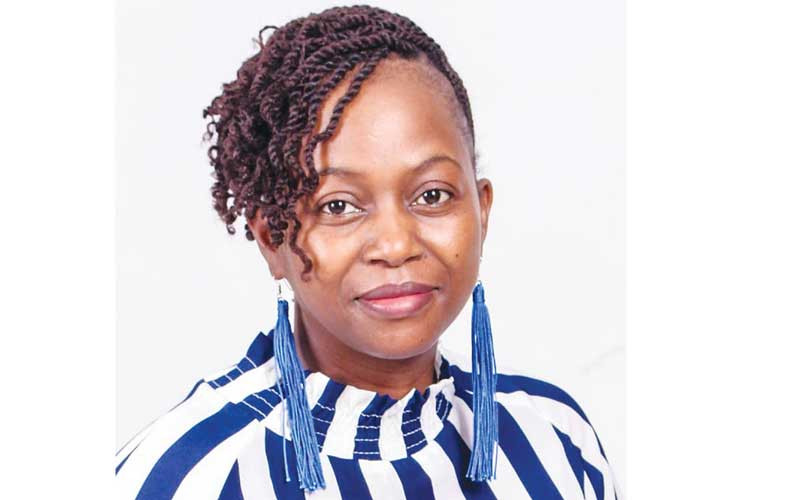
RECORD producer and guitarist Clive Mono Mukundu interacts with artistes through his Monocasts and Monomerisation and argues that his Monomerisation programme differs from the Artiste to Artiste MonoCast in that the conversation in Monomerisation can be about anything and with anyone, whereas the Artist to Artiste MonoCast is only for those working behind the scenes in the music industry.
NewsDay Life & Style took some time to listen to some selected Artitse to Artiste MonoCasts Conversations and discovered that several artistes who play an important role in the music industry have not been recognised in a long time.
During one of the Artiste to Artiste MonoCast programmes, sungura music guitarist and arguably one of the greatest mentor in the league of Madzibaba Nicholas Zacharia, Shepherd Chinyani, said the music industry took a long time to develop due to lack of a national strategy.
During his youthful days working with the likes of Nicholas Zacharia, Alick Macheso, Peter Mukundwa, Tinei Chikupo, Ngwenya Brothers and R and K African Sounds, there was an acute shortage of music instruments.
“In these conditions, some artistes managed to acquire music equipment while building their own estates and pensions, whereas others are still struggling up until now,” Chinyani told NewsDay Life & Style in a telephone interview.
“We thank Kireni Zulu, who has formed the Zimbabwe Music Legends Group, which is looking into the lives and welfare of artistes.”
Said Mono Mukundu: “On the programme MonoCast, I only consider artistes who work behind the scenes. (Anthony) Gasani is a guitarist and music producer who works across genres. It is just a coincidence that his most popular guitar lines are those he played for Charles Charamba. But he works with anyone.”
During the discussion, he also mentioned how he worked with the late Andy Brown.
- Up your game, Zim young artistes urged
- I could have died before 40: Mono Mukundu
- Musicians in uneven advert deals with corporates: Mono Mukundu
- In the groove: African music making waves on the global stage
Keep Reading
“Every artiste, regardless of genre, must continue to work on their craft. Gospel music is no exception. Otherwise, I do not see any flaws. I believe gospel music is growing in a fantastic way, with artistes such as Michael Mahendere, Takesure Zamar, Janet Manyowa and others giving the sector a new lease of life. So, I believe they are doing very well,” Mono Mukundu said.
“I just wanted to thank my followers for their support of the new Artiste to Artiste MonoCast product.
“Some of them were unfamiliar with my podcast style. They were used to traditional TV interviews in which the host asks a question and then allows the guest to speak, whereas my style involves us discussing and both of us speaking.
“I had to work hard to explain to them that podcasts are not the same as traditional television interviews and I believe they have finally accepted the difference.”
Summaries from Monocasts
Intonal Band
When a new band member is hired, there is always fear of the unknown.
Some band members sabotage the newly-recruited talent.
At one time, a band member hid a drum pedal for a new drummer. Embarrassingly, the new guy had brought his own.
John Muyambo aka Chibhodhoro
He learnt the hard way. He could only get drumming jobs when either a band member was absent or late up until such time he gained his ground and claimed full-time positions on the stage with the likes of Safirio Madzikatire’s Mukadota Family and Tanga Wekwa Sando.
Chibhodhoro is a name he got from his fans as they compared his height to that of the Coca-Cola soft drink bottle.
He said he had never worked with a good pay master.
Anthony Gasani
He created the most sought-after guitar riffs on Charles Charamba’s Mhinduro Iripo and Kuteerera Kunokunda Chibairo.
He said the majority of melodies were given to him by the Charambas.
Gasani and Mono Mukundu concurred that churches and crusades had provided a learning platform for many music instrument players.
They also agreed that secular musicians are more engrossed in their musical instrument arrangements than praise and worship.
The two, however, differed on the church having rich choral and vocal music.
A new emerging trend in churches has seen the availablity of a rich diversity of choral music accompanied by musical instrumentals.
Solo Makore
Popular for his hit song Mari Muenzi and the kinde kinde tune on most, if not all, of Simon Chimbetu’s songs.
Solo caused heartbreak to Vuka Vuka Boys when he bade the band farewell in Chinhoyi ahead of their Sunday family show to join Chimbetu’s Ochestra Dendera Kings.
He never regretted the move as he rates Chimbetu as his best boss.
He said he once asked Chimbetu whether he was obliged to share his first earnings.
Imagine, that was his first show on the Sunday he left the Vuka Vuka Boys.
Joana Mao
The female guitarist accepts getting inspiration from her church Family of God praise and worship music.
She taught herself through YouTube videos and later got help in perfecting her music.
She takes her presence in the music circles as a an opportunity to represent female musicians.
From her conversation with Mono Mukundu, she said there was demand for schools of music, where people could conveniently get formal music education.







